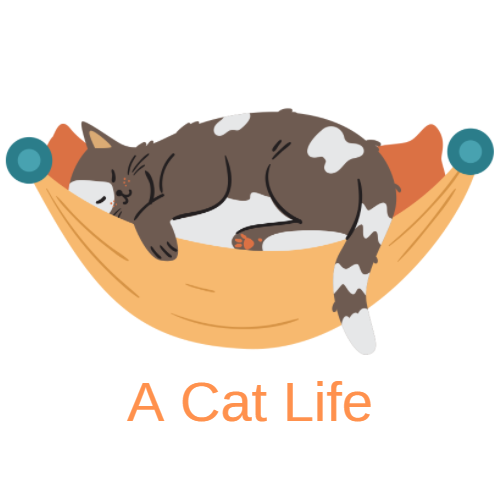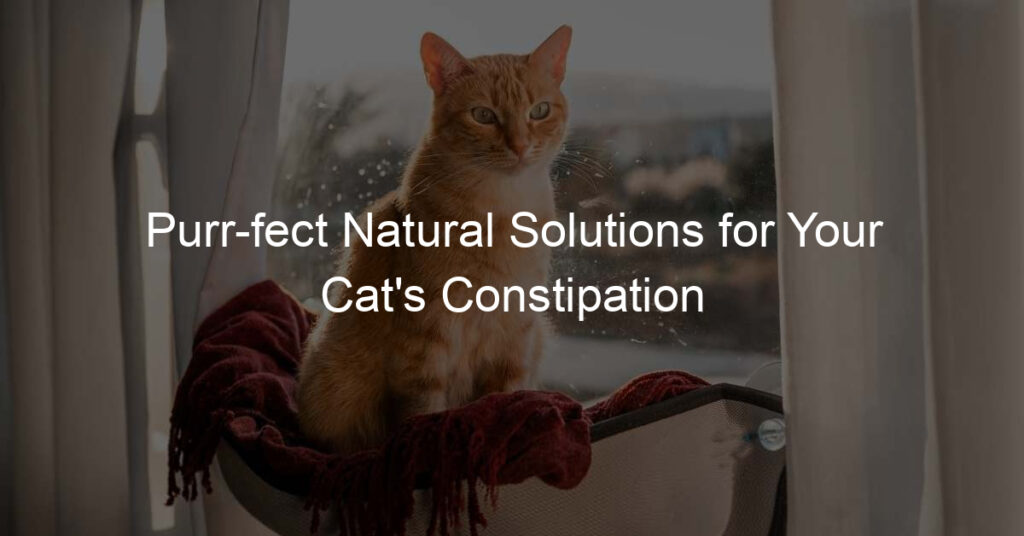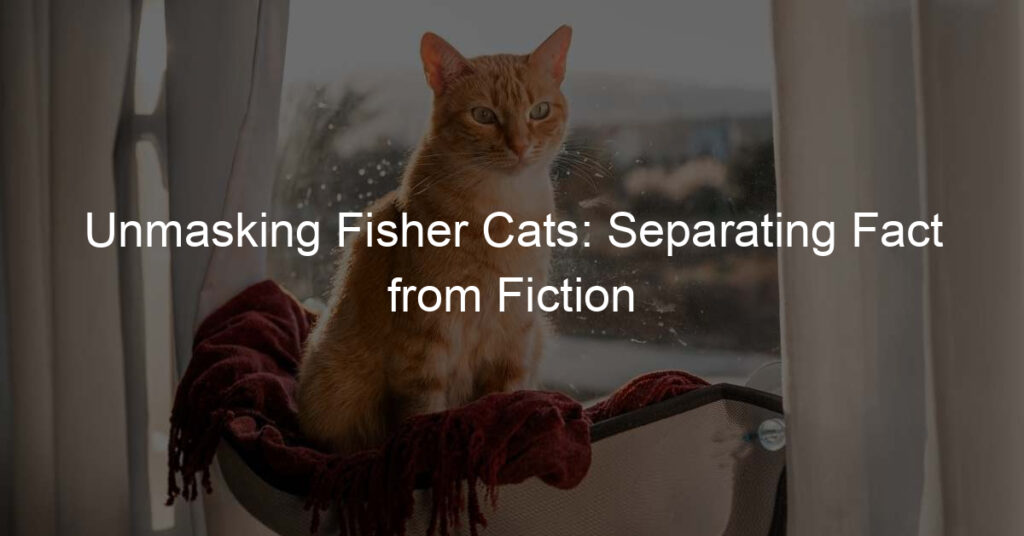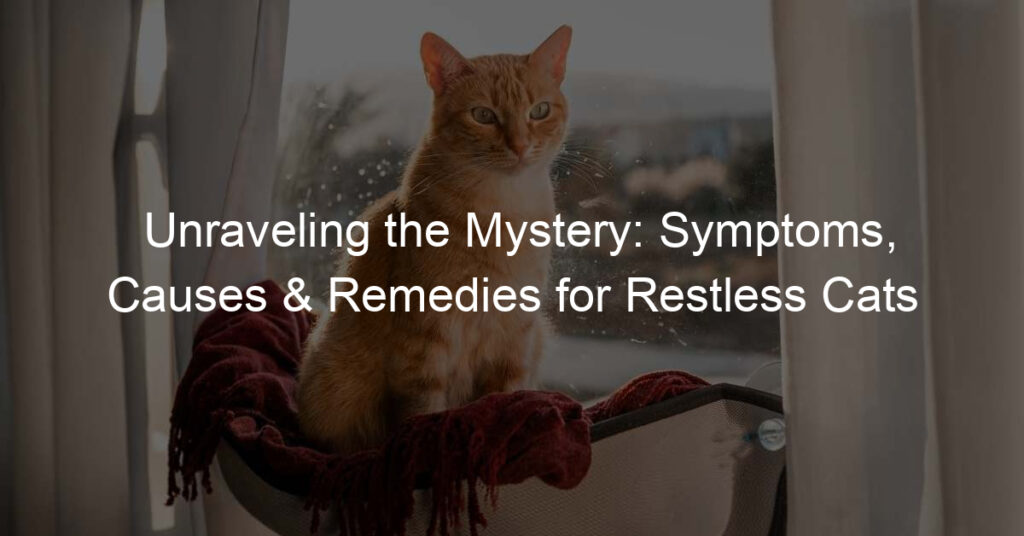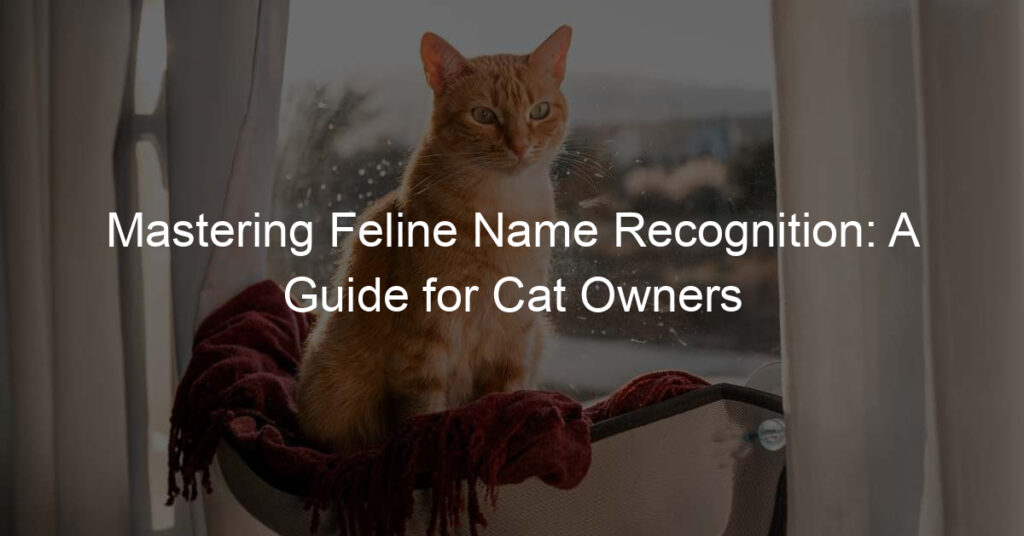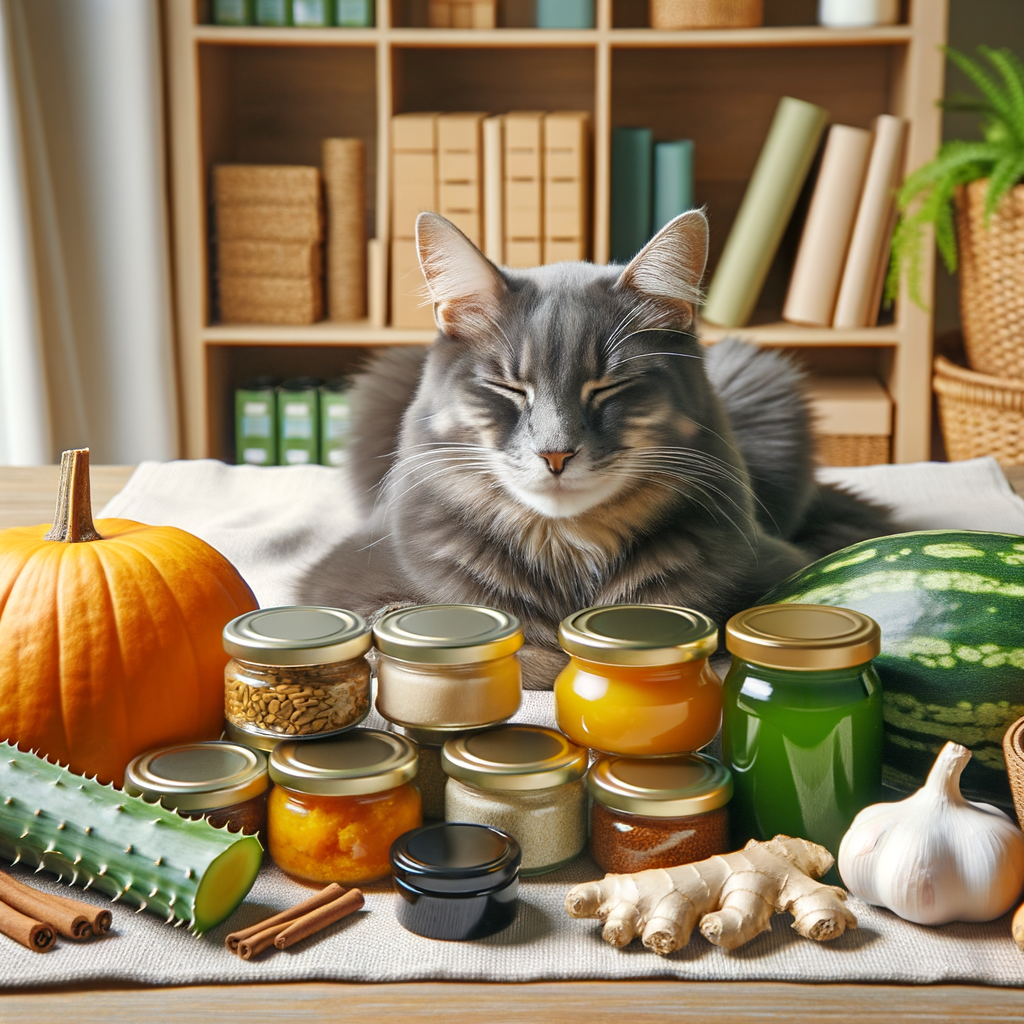
Introduction to Cat Constipation
Just like humans, our feline friends can also experience constipation. It’s a common problem, but it’s important to understand what it is and what causes it to ensure your cat stays healthy and comfortable.
- Understanding Cat Constipation
- Common Causes of Cat Constipation
- Diet: A diet low in fiber can lead to constipation. Cats need a balanced diet to maintain healthy digestion.
- Dehydration: If your cat isn’t drinking enough water, it can cause their stool to become hard and difficult to pass.
- Lack of Exercise: Regular physical activity helps stimulate the bowel movements. A sedentary lifestyle can lead to constipation.
- Age: Older cats are more prone to constipation.
- Medical Conditions: Certain medical conditions like kidney disease, diabetes, or arthritis can cause constipation in cats.
Cat constipation is a health condition where your cat has difficulty or is unable to pass stool. It’s not just uncomfortable for your cat, but it can also lead to serious health issues if not addressed. Cats normally have one bowel movement per day, but a constipated cat may only defecate every two to three days, or even less. The stool of a constipated cat is usually hard and dry, which makes it more difficult to pass.
There are several reasons why your cat might be constipated. Some of the most common causes include:
Understanding the causes of cat constipation is the first step in preventing it. In the following sections, we will explore natural treatments, home remedies, and prevention strategies for cat constipation.
Natural Treatments for Cat Constipation
If your feline friend is struggling with constipation, don’t worry. There are several natural treatments that can help ease their discomfort and promote regular bowel movements. Here are some effective, vet-approved methods you can try at home.
Natural Remedies for Feline Constipation
Before we dive into the remedies, it’s important to remember that each cat is unique. What works for one may not work for another. Always consult with your vet before making any major changes to your cat’s diet or routine.
- Increasing water intake: Hydration is key in preventing and treating constipation. Make sure your cat has access to fresh water at all times. Some cats prefer running water, so consider investing in a cat water fountain. You can also add a little water to their canned food to increase their water intake.
- Adding fiber to diet: Just like in humans, fiber can help regulate a cat’s bowel movements. Adding a little canned pumpkin (not pumpkin pie filling) or a pinch of psyllium husk powder to your cat’s food can help. Always introduce new foods slowly and watch for any changes in your cat’s behavior or litter box habits.
- Regular exercise: Regular physical activity can help keep your cat’s digestive system running smoothly. Encourage your cat to play by providing toys, climbing trees, and interactive playtime. Remember, what counts as ‘regular’ exercise will depend on your cat’s age and health.
In conclusion, natural remedies can be effective in treating cat constipation. However, if your cat’s symptoms persist or worsen, it’s important to seek veterinary care. Constipation can sometimes be a symptom of a more serious underlying condition.
Home Remedies for Cat Constipation
When your feline friend is having trouble with constipation, it can be distressing for both you and your pet. However, there are several home remedies you can try to help relieve your cat’s discomfort. Here are three natural methods you can try.
Relieving Cat Constipation Naturally
- Using canned pumpkin:
- Milk as a laxative:
- Massage techniques:
Canned pumpkin is a natural and effective home remedy for cat constipation. It’s high in fiber, which can help to soften your cat’s stool and make it easier for them to pass. To use this remedy, simply mix a teaspoon of canned pumpkin into your cat’s food once a day. Most cats enjoy the taste, so it should be easy to get them to eat it.
While it’s true that many cats are lactose intolerant, small amounts of milk can actually act as a natural laxative for cats. If your cat is constipated, try giving them a small amount of milk. The lactose in the milk will draw water into your cat’s intestines, which can help to soften their stool and relieve constipation. However, it’s important to use this remedy sparingly, as too much milk can cause diarrhea.
Another effective home remedy for cat constipation is massage. Gently massaging your cat’s abdomen can help to stimulate their digestive system and encourage bowel movements. Start by placing your hands on your cat’s belly, then gently move your hands in a circular motion. Be sure to be gentle and watch your cat’s reactions to ensure they are comfortable.
Remember, these remedies are only temporary solutions. If your cat’s constipation persists, it’s important to consult with a vet. They can provide a proper diagnosis and recommend a treatment plan tailored to your cat’s needs.
Natural Relief for Cat Constipation
There are many natural remedies available that can provide relief for your cat’s constipation. These include changes in diet, increased hydration, and regular exercise. By understanding the causes of constipation and implementing these natural remedies, you can help your cat live a healthier, more comfortable life.
Preventing Cat Constipation
Prevention is always better than cure. Ensuring your cat has a balanced diet, plenty of fresh water, and regular exercise can help prevent constipation. Regular vet check-ups are also essential to monitor your cat’s health and detect any potential issues early.
Conclusion: Cat Constipation Relief at Home
While cat constipation can be distressing, there are many home remedies you can try to provide relief. Remember, if your cat’s constipation persists, it’s important to seek professional advice. With the right care and attention, your cat can quickly recover and return to their normal, playful self.
Cat Constipation Natural Solutions
If your feline friend is struggling with constipation, you may be searching for natural solutions to ease their discomfort. There are several options available that can help your cat find relief from constipation. Here are some natural ways to treat cat constipation that you can consider.
Natural Ways to Treat Cat Constipation
- Herbal remedies
- Probiotics
- Acupuncture
There are several herbs known for their laxative properties that can help ease your cat’s constipation. These include slippery elm bark, marshmallow root, and licorice root. Always consult with a holistic veterinarian before starting any herbal treatment to ensure it’s safe for your cat.
Probiotics are beneficial bacteria that can help improve your cat’s digestive health. They can help restore the balance of gut bacteria, which can in turn help alleviate constipation. Probiotics can be found in certain types of cat food or as a supplement.
Acupuncture is a traditional Chinese medicine technique that involves inserting thin needles into specific points on the body. It’s believed to help stimulate the body’s natural healing processes. Some cat owners have found acupuncture to be an effective treatment for cat constipation. However, it’s important to find a practitioner who is experienced in treating animals.
Remember, each cat is unique and what works for one may not work for another. It’s always best to consult with a veterinarian before starting any new treatment for your cat’s constipation. With the right natural solutions, your cat can find relief and get back to their playful self.
Natural Relief for Cat Constipation
When your feline friend is struggling with constipation, it can be a distressing time for both of you. Fortunately, there are several natural remedies that can provide relief. These remedies are safe, gentle, and can be easily administered at home.
Home Treatments for Cat Constipation
Let’s explore some of the most effective home treatments for cat constipation:
- Using Aloe Vera
Aloe Vera is a plant known for its healing properties. It can be used to treat constipation in cats. The gel inside the Aloe Vera leaf is rich in water and can help soften your cat’s stool. It’s important to only use pure Aloe Vera gel and avoid any products with added ingredients that could be harmful to your cat. You can mix a small amount of Aloe Vera gel with your cat’s food once a day.
- Slippery Elm Bark
Slippery Elm Bark is a type of herb that can be used to treat constipation in cats. It works by creating a slippery substance when mixed with water, which can help ease the passage of stool. You can purchase Slippery Elm Bark in powder form and mix it with your cat’s food. Always follow the recommended dosage on the packaging.
- Psyllium Husk
Psyllium Husk is a type of fiber that can help relieve constipation in cats. It works by absorbing water in the intestines, which helps to soften the stool and make it easier for your cat to pass. Psyllium Husk can be purchased in powder form and mixed with your cat’s food. Be sure to provide plenty of water for your cat when using this remedy, as it can absorb a lot of water.
Remember, while these home remedies can be effective, it’s important to consult with your vet if your cat’s constipation persists. They can provide further guidance and rule out any underlying health issues that may be causing the constipation.
Preventing Cat Constipation
Preventing cat constipation is a crucial aspect of maintaining your feline friend’s health. There are several steps you can take to ensure your cat’s digestive system functions optimally. These include regular vet check-ups, dietary considerations, and ensuring your cat stays hydrated.
- Importance of Regular Vet Check-ups
- Dietary Considerations
- Importance of Hydration
Regular vet check-ups are essential for preventing cat constipation. During these visits, your vet can monitor your cat’s overall health and detect any early signs of constipation. They can also provide advice on diet and hydration, which are key factors in preventing constipation. According to the American Veterinary Medical Association, adult cats should have a check-up at least once a year, while kittens and senior cats may require more frequent visits.
A balanced diet plays a significant role in preventing cat constipation. Cats are carnivores and require a diet high in protein. However, fiber is also important as it adds bulk to the stool and aids in its passage through the digestive tract. Foods like canned pumpkin, wheat bran, and certain types of cat food can provide the necessary fiber. It’s also crucial to avoid overfeeding your cat as obesity can lead to constipation.
Hydration is another vital aspect of preventing cat constipation. Cats often don’t drink enough water, which can lead to dry, hard stools that are difficult to pass. To encourage your cat to drink more, consider providing a cat water fountain or adding wet food to their diet. According to a study published in the Journal of Feline Medicine and Surgery, cats that eat wet food are less likely to suffer from constipation than those that eat dry food.
In conclusion, preventing cat constipation involves regular vet check-ups, a balanced diet, and proper hydration. By taking these steps, you can help ensure your cat stays healthy and free from constipation.
Conclusion: Cat Constipation Relief at Home
In this article, we have explored various natural treatments and home remedies that can provide relief to your cat suffering from constipation. It’s important to remember that while these methods can be effective, they should be used with care and understanding of your cat’s specific needs and health conditions.
- Recap of natural treatments and home remedies:
- When to seek professional help:
From increasing water intake to providing a high-fiber diet, there are several ways to naturally ease your cat’s constipation. Home remedies like pumpkin puree or a gentle belly massage can also provide relief. However, it’s crucial to remember that these remedies should be used as a part of a comprehensive care plan for your cat, and not as a substitute for professional veterinary care.
While home remedies and natural treatments can be effective, there are times when professional help is necessary. If your cat’s constipation persists for more than a few days, or if they show signs of distress such as vomiting, loss of appetite, or lethargy, it’s time to consult a veterinarian. Your cat’s health and well-being should always be your top priority, and a professional can provide the necessary treatment and advice.
In conclusion, cat constipation can be a serious issue, but with the right knowledge and resources, you can provide your feline friend with the relief they need. Always remember to monitor your cat’s health closely and seek professional help when necessary.
